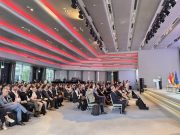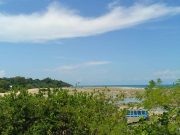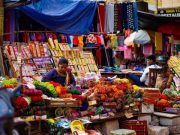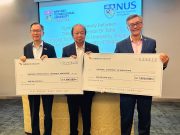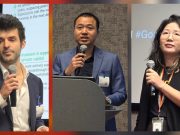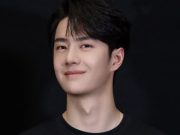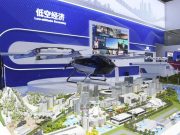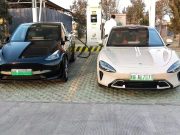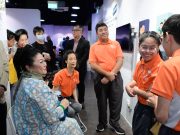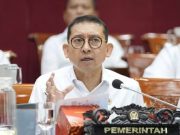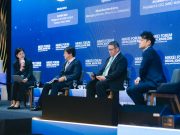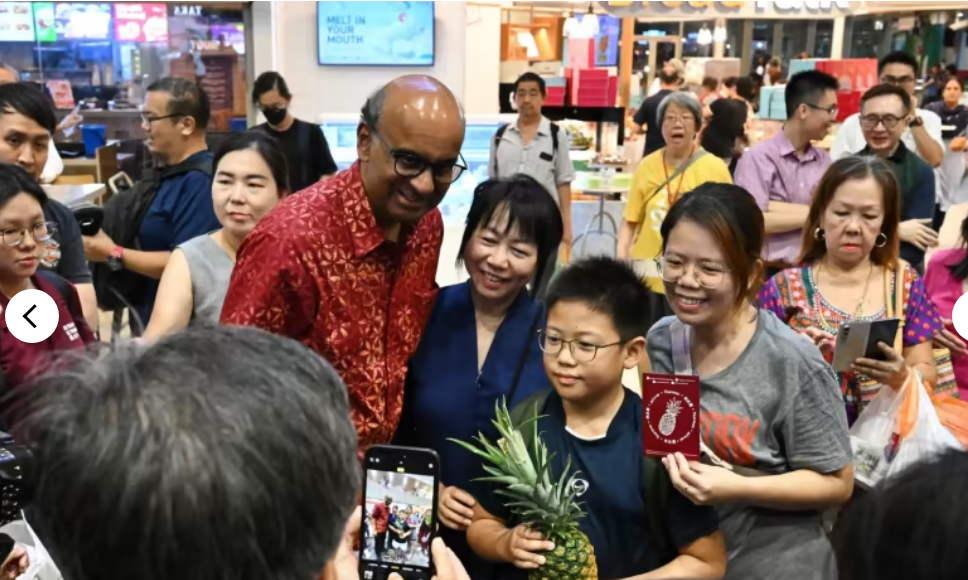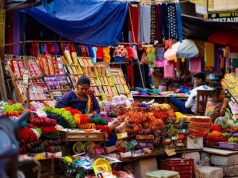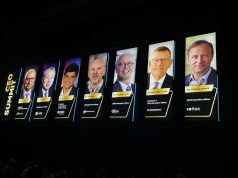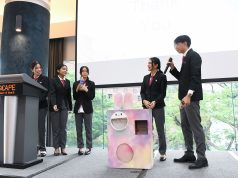(Singapore Aug 25, 2023) A President’s ability to provide independent advice to the Prime Minister depends on their relationship and mutual respect, presidential candidate Tharman Shanmugaratnam said yesterday.
“Well, it depends entirely on the relationship between the President and the Prime Minister,” said the 66-year-old former Senior Minister, while speaking to the media before his first walkabout at the Housing and Development Board Hub in Toa Payoh.
“These are conversations in private. If we have respect for each other, then of course, the President would have greater ability to be able to provide independent advice and will know that it is taken seriously.”
He made the remarks when asked by media to comment on rival candidate Tan Kin Lian’s plans to use the President’s “soft power” to influence policymaking through private conversations with government leaders.
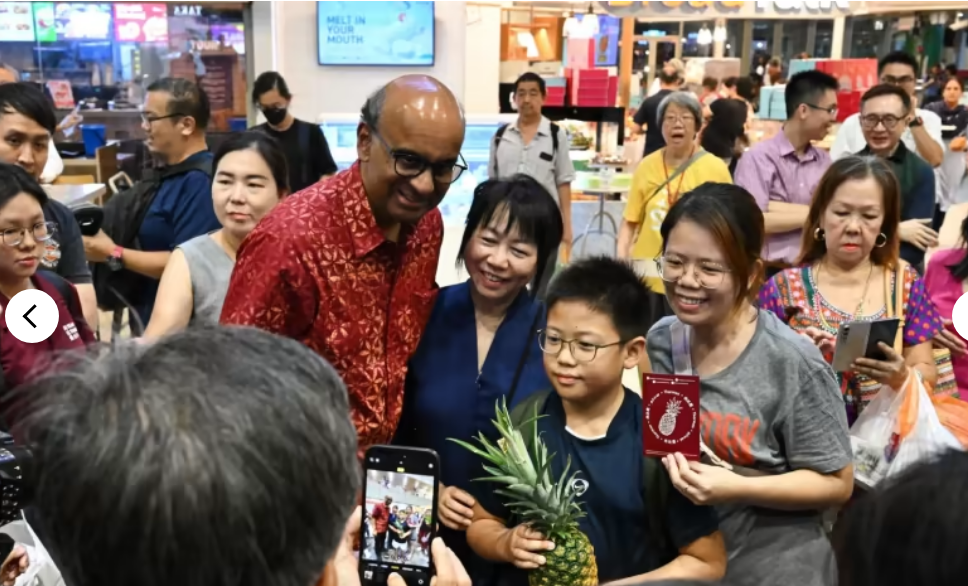
On September 1, Singaporeans will be heading to the polls to vote for the country’s ninth president following the nominations of three candidates. The other two are GIC chief investment officer Ng Kok Song and former NTUC Income chief executive Tan Kin Lian.
According to a previous statement from the Ministry of Law, Singapore has a Parliamentary system of government, not a Presidential one. The President is the Head of State, not the Head of Government. The Prime Minister is the Head of Government and has the authority and responsibility to govern Singapore.
The Constitution clearly defines the role and scope of the President. The President has custodial powers, not executive powers. In other words, he or she can veto or block Government actions in specified areas, but the President has no role in advancing his or her policy agenda. More importantly, Parliament may overrule the President’s decision with a resolution passed by not less than two-thirds of all elected MPs.
Furthermore, the President’s veto powers over the Government are limited to the Protection of past reserves, i.e., reserves accumulated during previous terms of office of the Government; appointment of key personnel; and ISA detentions, CPIB investigations, and any restraining order in connection with the maintenance of religious harmony.
On all other matters, under the Constitution, the President must act in accordance with the advice of the Cabinet. In addition, the President is required to consult the Council of Presidential Advisers (CPA) when exercising his veto powers in connection with reserves and appointments.
The President’s veto powers are an important check against a profligate government squandering the nation’s reserves or undermining the integrity of the public service. That is why the President is directly elected by the people: to have the mandate to carry out his custodial role and the moral authority to say no if necessary to the elected government, the statement said.
Singapore’s presidential election could turn out to be a fierce competition.
As the result of the 2011 Presidential Election, the first of its kind for 18 years, Singapore’s former deputy prime minister Tony Tan only won the country’s presidential election by a narrow margin over his rival Tan Cheng Bock.
Election officials said Tony Tan won by just 7,269 votes out of over two million valid votes. The Elections Department ordered a recount after the first tally showed the two front-runners were less than two percentage points apart.


